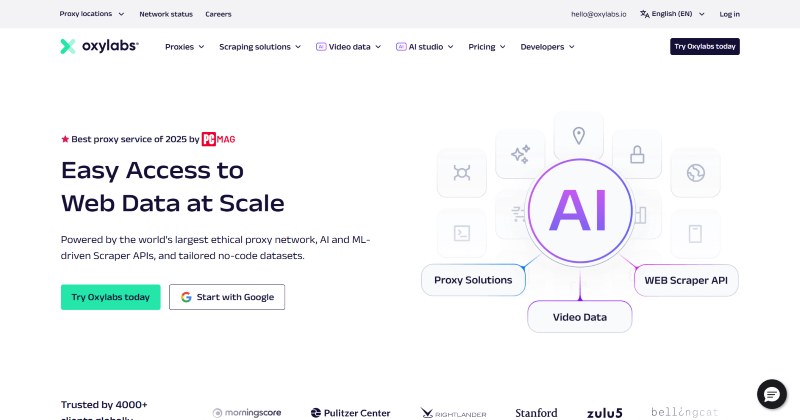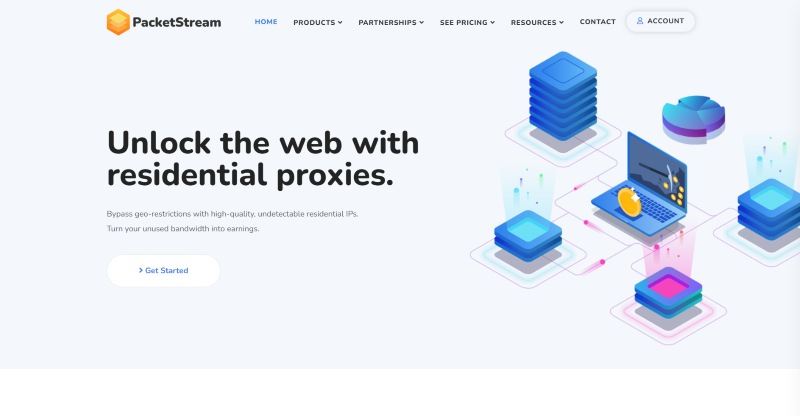We’re two days out from EA’s announcement that it would sell to Saudia Arabia and private equity for $55 billion, and as the dust settles, concerns continue to mount. Some inside the company are worried about possible cuts, layoffs, and censorship coming down the road, and the logistics of the deal don’t necessarily do much to reassure them. Downgraded credit ratings, rumors of ramped-up AI initiatives, and relative radio silence from the executives and investors involved isn’t helping.
Earlier this week, Bloomberg reported that S&P Global Ratings plans to lower EA’s credit rating to “junk status” once the leveraged buyout deal is completed sometime next year. It’s currently “BBB+” but would fall into the “non-investment grade” or “speculative” territory once saddled with the $20 billion loan required to pay off all of the Battlefield 6 publisher’s existing shareholders at a 25-percent premium. Moody’s Ratings announced it is planning a similar reappraisal. And the more context we get around the financing of the deal, the worse it looks.
“JPMorgan made the commitment through its leveraged-finance arm, not its private credit strategy, and the biggest U.S. bank is expected to share the risk with rival firms to create a global syndicate of underwriters, according to people familiar with the deal,” Bloomberg reported yesterday. “The debt— expected to be rated in the single-B range—is set to be sold through high-yield bonds and leveraged loans in a cross-border, dual-currency transaction, said the people, who asked not to be identified discussing confidential details.” Smells like high-interest-rate debt.
BioWare on the chopping block
Some analysts who spoke to Kotaku have suggested that going private could free EA from the whims of a stock market based around quarterly earnings reports, but it could also be that being saddled with a ton of debt completely reshapes the decades-old gaming company as we know it. EA has an infamous reputation for buying up acclaimed studios with big creative ambitions and eventually gutting them when they fail to live up to the earnings potential of the loot-box machines fueling Madden and EA Sports FC.
Respawn Entertainment recently faced multiple rounds of layoffs and saw multiple projects canceled, including a prototype for a long-awaited return to the world of Titanfall. BioWare has suffered even worse. Following a tumultuous development cycle for Dragon Age: The Veilguard due to shifting schedules and live-service goals, the RPG powerhouse is back to being a one-game studio (Mass Effect) and a shell of its former self. Insider Gaming now reports that EA was at one point looking to possibly sell off its $775 million acquisition from back in 2007. At least some developers there are just as worried about a future under Saudi ownership. They told Insider Gaming that it feels like only a matter of time before BioWare is downsized further.
“For the studios that have more of a track record, especially a track record that maybe doesn’t line up with your own political views…you’re going to look at that studio and wonder how you make them fit into your new structure,” former BioWare project director Mark Darrah said in a new YouTube video. “It’s hard to imagine that you have BioWare pivot from having very progressive messaging to having the reverse because it’s what the government wants. It’s hard to imagine that the public perception of a game that comes out of BioWare, even if you do do that, isn’t apocalyptically bad.”
Pivoting away from human rights
In an FAQ directed at employees, one of the only pieces of communication EA has released since the deal was announced, the company claims, “There will be no immediate changes to your job, team, or daily work, as a result of this transaction.” Amid concerns about the abysmal human rights record of Saudi Arabia, where same-sex relationships are outlawed, EA has stopped short of reaffirming its long-standing commitment to inclusivity, which included asserting “Trans Rights Are Human Rights” as some US states pushed anti-LGBTQ+ legislation in 2022.
“Andrew Wilson basically said ‘f you’ to all women and LGTBQ employees at EA with this deal,” one current EA employee told Game File this week. “It just shows how many people have been collateral this past year for executives to make out rich. Nothing feels great. And we know, when the deal closes, it’s going to get worse before it gets better, if better is even possible.” A separate employee, also speaking anonymously, reiterated those concerns to Kotaku. “Members of the Pride Employee Working Group are currently being very vocal about our concerns for our future,” they told me. “We’re worried LGBTQ content will be deprioritized or cut entirely and that LGBTQ and especially trans employees will be on the chopping block. Few of us feel heard right now.”
There’s also concerns about what the new ownership arrangement will mean for EA’s ongoing push around generative AI. It was a big part of the company’s pitch at its 2024 Investor Day. At the time, CEO Andrew Wilson said AI was “the very core of our business” and “not merely a buzzword,” claiming there were over 100 “novel AI projects” the publisher was experimenting with to improve how it made games. These lofty promises have reemerged in light of the Saudi deal.
Banking on an AI revolution that may never arrive
Reporting on the sale earlier this week, the Financial Times wrote, “investors are betting that AI-based cost cuts will significantly boost EA’s profits in coming years,” according to people involved in the transaction. It continued, “The deal is a huge bet that artificial intelligence can significantly cut EA’s operating costs, allowing the equity consortium to manage a large debt load on a company that historically carried limited net debt.”
Some employees Kotaku has spoken with say EA has continued beating the drum of AI over the last 12 months, but with varying degrees of urgency. While developers are encouraged to experiment with AI tools as much as they can, none reported being forced to implement them directly into their workflows. At the same time, AI is being incorporated into customer service management, something the company behind microtransaction-fueled sports franchises does a lot of. Where some players might have been routed to humans for help with things like Terms of Service violation reviews in the past, their complaints may no be routed first to AI agents instead.
The Saudi deal is the second-biggest gaming merger ever. The first, Microsoft’s purchase of Activision Blizzard, faced a surprising and prolonged level of scrutiny among regulators in the U.S. and abroad, including an entire lawsuit by the Federal Trade Commission. That was under the Biden Administration, however, which made anti-trust enforcement a priority for the federal government. Under the pay-to-play and pay-to-win mechanics of the current Trump Administration, EA’s sale to private equity and a foreign government isn’t expected to hit so many roadblocks, especially with the president’s son-in-law, Jared Kushner, as one of the buyers.
“Kushner has a personal relationship and he has deep ties in Saudi Arabia. He is very comfortable operating in the Middle East. It created a basis of trust,” one source told the Financial Times. “We are in a regulatory environment that is welcoming of [Saudi Arabia]. We are not in what was the previous regime,” said another. And according to a third: “What regulator is going to say no to the president’s son-in-law?”



